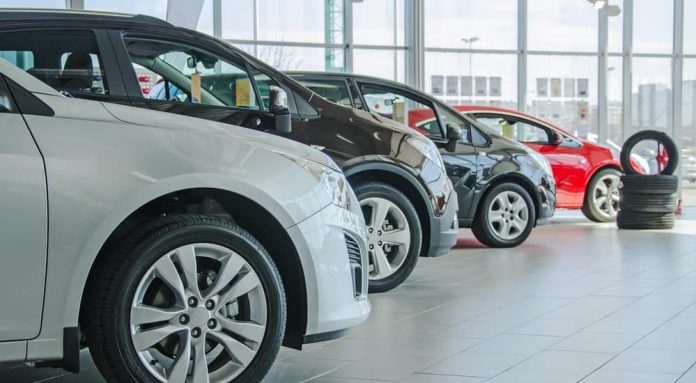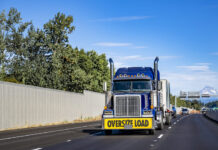Many things have been affected by the COVID pandemic; the way people interact, how companies conduct their business, and how online shopping has become an even more entrenched part of our lives than was previously the case.
One area of business that changed considerably from the onset of the first lockdown, was the fleets of company cars driving around the country for meetings. In a lockdown, this was replaced by countless virtual meetings that some companies are continuing with into 2022.
With so many businesses profoundly altering how they operate in the wake of the coronavirus crisis, are we now leaving behind the era of company cars altogether?
How fleet sizes could be affected
Public car rental companies have been shedding many of their cars during the pandemic to save money and help keep their businesses afloat.
Some corporate fleet companies have taken similar courses of action, which means fewer cars for businesses to lease for their workforce.
Some companies may decide to purchase vehicles through car finance in Newcastle and around the country. However, the number of people that will return to face-to-face meetings is likely to be smaller than it was before COVID-19 arrived and comprehensively upended so many of our lives.
Will fleet management change?
It isn’t only those who drive around the country that will be affected, as fleet managers have also experienced major disruption to their work.
A survey in the spring of 2020 showed that over 73% of fleet decision-makers were working from home. Although many will have returned to the office now that restrictions have been lifted, some companies are seeing the benefits of sustained remote working.
For lease companies, this has presented a new challenge as they have sought to find ways for fleet managers to collect the data they need remotely, such as safety checks and checking drivers’ documents.
Dealing with a divided fleet
Many employees who use company cars will also be continuing to work from home – although this may eventually change to a hybrid approach whereby they work part-time in the office and the rest of their time at home.
There will still be fleet cars scattered around the country that will need to be maintained and serviced. This may mean setting up new contracts with suppliers and garages so that they can be maintained closer to the employee’s home.
Another issue is setting up charging points at employees’ homes so that they can recharge their electric vehicles (EVs). Although plug-in cars are available, this takes a lot longer to charge than a dedicated charging point.
Thankfully, much of this change can be overseen and executed via telephone or email, so fleet managers can still complete this while working from home themselves.
Changing the fleet to electric vehicles
Another big shift is happening towards EVs and hybrids. Leasing companies will have to start replacing their petrol and diesel fleets with EV alternatives to ensure their future contracts.
Many companies are also looking towards a more sustainable future, in line with customer demands and expectations. This means leasing or buying EVs or hybrid cars and vans for essential use to help protect the environment.
Conclusion
So… are company cars history in a post-COVID world? There is no question that businesses have had to adapt to changing work routines because of the pandemic. It seems likely that although business trips will never again see the levels they reached previously, some essential travel will remain – and company cars will have their role to play in that.


































